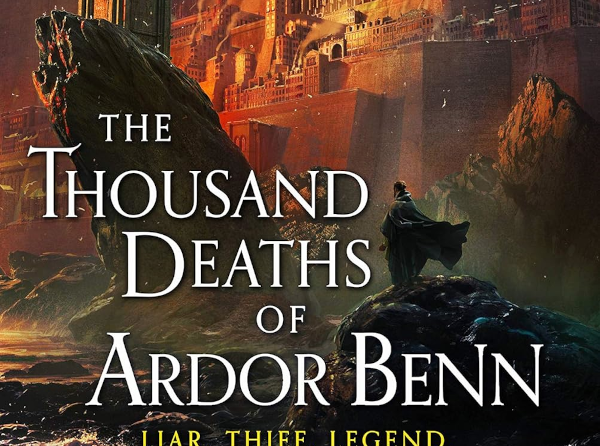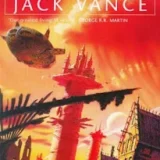I’ve always had mixed feelings when it comes to works found on popular e-commerce sites. On the plus side, we get a chance to “discover” new writers who otherwise might never have made it to print in the pre-electronic literary era. I use the word discover because that’s how I feel sometimes when I read a gem and wonder just how the big publishers haven’t realized their talents yet. On the minus side, there are a lot of – and I do mean a lot of – unsuccessful works out there from hopeful writers who still need to hone their skills in fiction.
 The short story Secret Cargo by Charles Christian is a kind of a paradox when it comes to categorizing this type of story as a plus or a minus. It is written by an established writer with some impressive credentials that should peak the interest of readers who might be curious about his foray into the realms of science fiction. Yet, Secret Cargo is a short piece with a few elements that are disruptive to the story as well as some that are quite intriguing and make you want to read more. There is so much packed into this story that the writing style becomes sort of an enigma when compared to other works found in the genre.
The short story Secret Cargo by Charles Christian is a kind of a paradox when it comes to categorizing this type of story as a plus or a minus. It is written by an established writer with some impressive credentials that should peak the interest of readers who might be curious about his foray into the realms of science fiction. Yet, Secret Cargo is a short piece with a few elements that are disruptive to the story as well as some that are quite intriguing and make you want to read more. There is so much packed into this story that the writing style becomes sort of an enigma when compared to other works found in the genre.
The subject matter of Secret Cargo is space exploration with a twist of retro steampunk simplicity. The narrator, a teacher of Cultural History Studies at a university on Mars is traveling aboard the interstellar Chrysler-Zepp Airstream. After meeting an eccentric woman with similar interests in old books and films, the two find themselves stranded alone on a mysterious planet after the ship is destroyed. With nothing but the contents of their escape pod and a jettisoned cargo container, the two survivors slowly learn about their surroundings as well as the secret complexities about each other.
Fans of classic science fiction literature and films will enjoy the overwhelming mentions of their favorite titles and authors here. The narrator’s interests in many of the same works that have fed the thirsts of fandom over the years will surely give avid readers reason to smile as they reminisce alongside the characters.
It is however difficult to grasp the time-frame of the story at times. The narrator tends to treat the reader as a newcomer, explaining simple aspects of social differences between the story’s setting and that of current times. This might give the reader a sense of disconnect from the story and make the journey less believable.
The science behind Secret Cargo is reminiscent of vintage science fiction, which plays well with the character’s interests in the classic genre. The technological who’s-its and what’s-its of the starship’s operations are quite clever with a smooth mixture of steam turbines, fabric sails, retro-rockets and suspended animation for intergalactic travel. Christian gives just enough detail to make the science palpable and fun, yet when he describes a burning sail and fiery explosion in the vacuum of space, the plausibility of reality is quickly extinguished.
The character development is purposefully slow, prolonging the build up to surprises. This makes sense on second reading, but initially, it can be distracting. We sense the narrator is holding back information with the constant digression from thoughts. Often these asides are intended for humorous intent, but some are simply hidden innuendos purposefully included to prove character development later on. Unfortunately, this practice creates the allusion of an unreliable narrator.
An unreliable narrator can be beneficial to a story if used effectively, especially in short fiction. But in the case of Secret Cargo, the element can be unsettling to readers who might be looking for future installments of the story. Which is likely here, as this one turns out to be just a brief installment to a much larger tale, unlike “A Long Short Story” as the cover header proclaims.
There is a distinct advantage for both the author and reader when e-books are presented in small portions. It can work as a core sampling for both parties, allowing either one to walk away without long term commitment. Because the author holds the pen in this relationship, knowing the commitment level is important to the one who turns the pages.
I really wanted to like this book. Maybe that’s why I enjoyed so many of the innovative elements that were part of the story. Even though there were some shortcomings that became distractions at times, Charles Christian’s creativity, imagination and sense of humor made Secret Cargo an entertaining read – one that can leave some readers with a lingering curiosity of what will come next.









